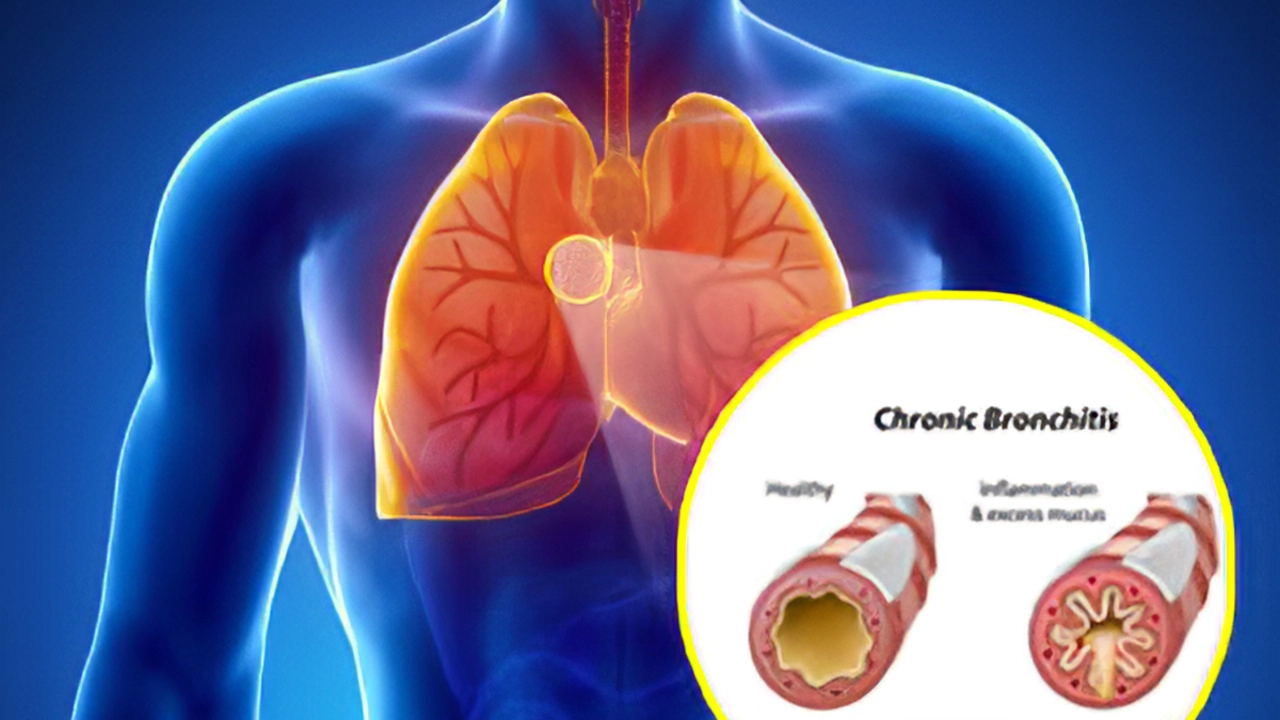Trace levels of prescription drugs are now in rivers, soils and even some drinking water. That sounds worrying because many pharmaceuticals don’t break down quickly. Antibiotics, hormones, and some heart medicines can affect fish, plants and microbial communities. The good news: small, smart choices by patients, prescribers and pharmacies add up fast.
Start at home. Keep meds in their original packaging, store them as directed, and only buy what you expect to use so less expires. Never flush pills or pour unused liquid medicine down the drain — that’s a common shortcut that sends drugs straight into waterways. Instead, use pharmacy take-back programs or community drug-collection events. Many pharmacies accept returned meds and dispose of them safely.
If a take-back option isn’t available, follow local disposal rules. In some places you can mix drugs with coffee grounds or cat litter, seal them in a bag, and toss them in household trash — but check local guidance first. For antibiotics, be extra careful: improper disposal encourages environmental resistance, which matters for both ecosystems and human health.
Ask your prescriber about options that lower environmental harm. For example, inhaler propellants have a climate impact; newer guideline shifts toward controller-focused asthma plans can reduce reliance on rescue inhalers. Also ask if a pill with less frequent dosing or a longer shelf life is appropriate — fewer wasted doses means less waste overall.
When buying online, pick pharmacies that show clear disposal policies and consolidate orders to reduce shipping emissions. Bulk shipments and fewer packages lower carbon output. Check product packaging: less plastic, recyclable materials, and minimal outer boxes help cut landfill waste.
Tell your pharmacist you care. Pharmacies can guide you to take-back programs, suggest greener alternatives, and help you avoid over-ordering. They also know which meds are sensitive to storage so you avoid spoilage and waste.
Community-level actions matter too. Support local medicine take-back events and encourage clinics to include disposal instructions with every prescription. Healthcare facilities can invest in proper waste streams and choose suppliers with greener manufacturing footprints.
Small choices add up: store meds properly, return unused drugs, ask about lower-waste options, and pick pharmacies that minimize packaging and shipping. Those steps protect water, wildlife and public health — and they’re easy to start today.

As a blogger passionate about health, I recently came across some concerning information about the impact of climate change on obstructive pulmonary disease. It appears that as global temperatures rise, the worsening air quality directly affects those suffering from respiratory issues. Increased pollution, allergens, and wildfires are exacerbating conditions like asthma and COPD. This highlights the urgent need for us to address climate change, not only to protect our planet but also to safeguard our health. We must take collective action to reduce our carbon footprint and push for cleaner energy alternatives to ensure a healthier future for all.
View more